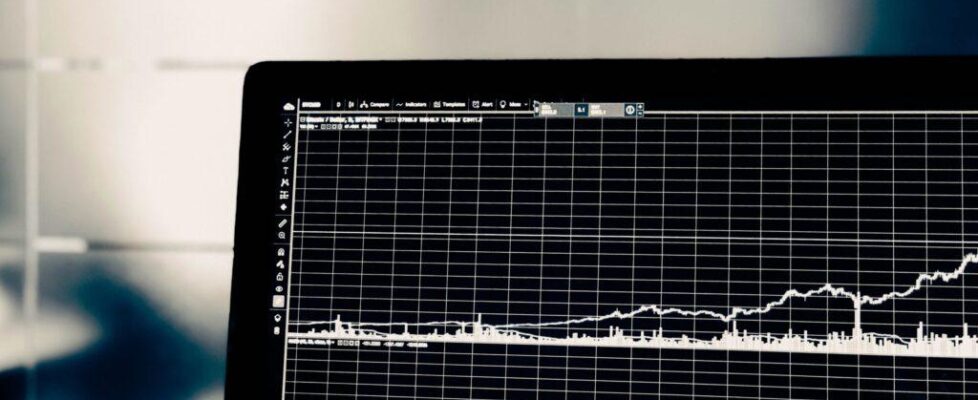Former JPMorgan traders convicted of fraud and spoofing
A federal jury in the Northern District of Illinois convicted two former precious metals traders at JPMorgan Chase & Co. on Wednesday of fraud, attempted price manipulation, and spoofing in a multi-year market manipulation scheme of precious metals futures contracts that spanned over eight years and involved thousands of unlawful trading sequences.
According to court documents and evidence presented at trial, Gregg Smith was an executive director and trader on JPMorgan’s precious metals desk in New York. Michael Nowak was a managing director and ran JPMorgan’s global precious metals desk.
The evidence at trial showed that between approximately May 2008 and August 2016, the defendants, along with other traders on the JPMorgan precious metals desk, engaged in a widespread spoofing, market manipulation, and fraud scheme. The defendants placed orders that they intended to cancel before execution in order to drive prices on orders they intended to execute on the opposite side of the market.
The defendants engaged in thousands of deceptive trading sequences for gold, silver, platinum, and palladium futures contracts traded through the New York Mercantile Exchange Inc. (NYMEX) and Commodity Exchange Inc. (COMEX), which are commodities exchanges operated by CME Group Inc. These deceptive orders were intended to inject false and misleading information about the genuine supply and demand for precious metals futures contracts into the markets.
Following a three-week trial, Smith was convicted of one count of attempted price manipulation, one count of spoofing, one count of commodities fraud, and eight counts of wire fraud affecting a financial institution. Nowak was convicted of one count of attempted price manipulation, one count of spoofing, one count of commodities fraud, and 10 counts of wire fraud affecting a financial institution.
Sentencing dates have not yet been set.
Two other former JPMorgan precious metals traders, John Edmonds and Christian Trunz, were previously convicted in related cases. In October 2018, Edmonds pleaded guilty in the District of Connecticut to one count of commodities fraud and one count of conspiracy to commit wire fraud, commodities fraud, price manipulation, and spoofing. In August 2019, Trunz pleaded guilty in the Eastern District of New York to one count of conspiracy to engage in spoofing and one count of spoofing. Edmonds and Trunz are awaiting sentencing.
In September 2020, JPMorgan admitted to committing wire fraud in connection with: (1) unlawful trading in the markets for precious metals futures contracts; and (2) unlawful trading in the markets for U.S. Treasury futures contracts and in the secondary (cash) market for U.S. Treasury notes and bonds. JPMorgan entered into a three-year deferred prosecution agreement through which it paid more than $920 million in a criminal monetary penalty, criminal disgorgement, and victim compensation, with parallel resolutions by the Commodity Futures Trading Commission and the Securities Exchange Commission announced on the same day.





